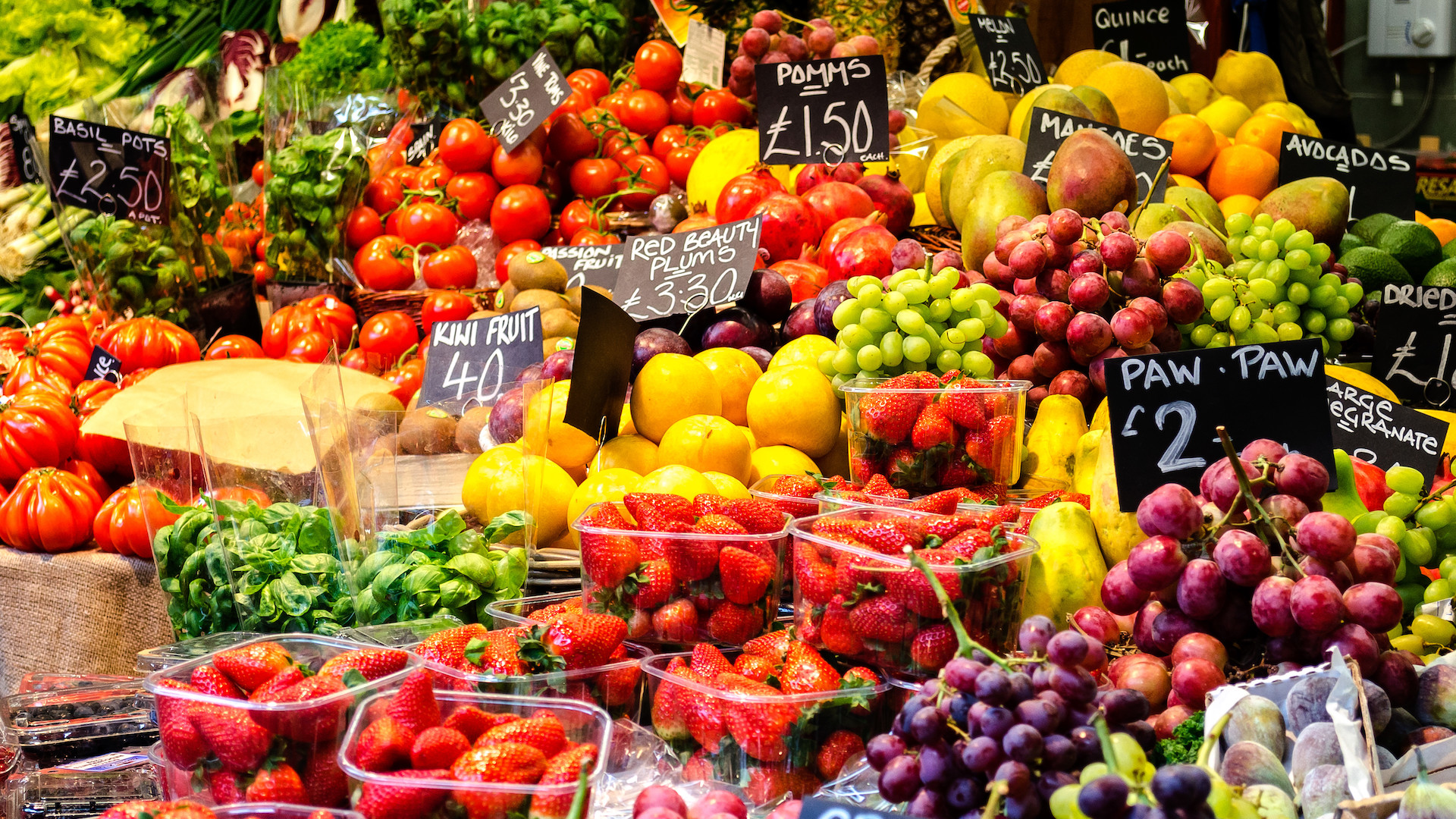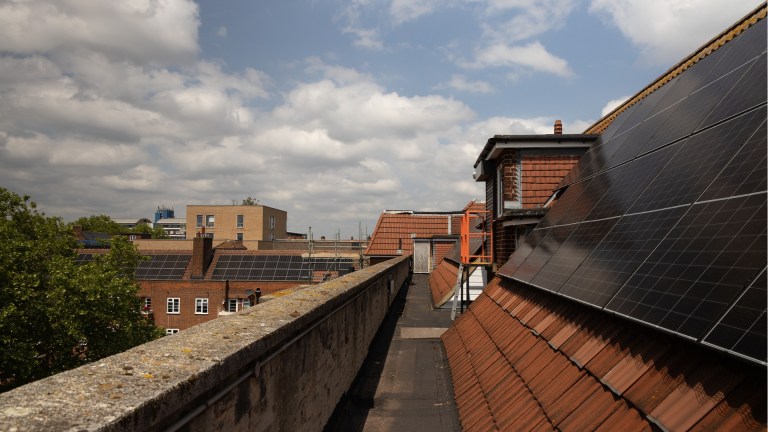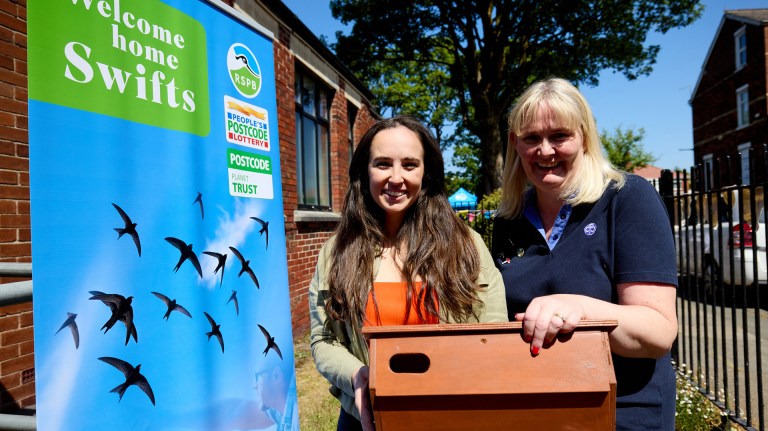Please buy this week’s magazine from the online shop or take out a subscription to make sure we can continue to support our vendors over this difficult period. You can even link your subscription to your local vendor with our new online map.
Domestic producers contributed just 22 per cent of the UK’s fruit and veg supply in 2013, down from 42 per cent in 1987, according to the research published in Nature.
Meanwhile, supply from “climate-vulnerable” countries is 12 percentage points higher than it was 30 years ago, researchers found, which could make it expensive and hard to come by in the future.
Changing tastes were also putting the fruit and veg supply chain at risk, they said, with tropical fruits including bananas – imported from countries like Colombia, Dominican Republic and Costa Rica, some of the countries most vulnerable to extreme weather events – overtaking homegrown produce like carrots and peas in popularity.
“The increased reliance on fruit and vegetable imports from climate-vulnerable countries will, if no adequate climate change adaptation measures are taken in the production countries, lead to fruit and vegetable supply problems in the UK and potentially affect price and consumption of such foods,” said study lead Dr Pauline Scheelbeek.
“This could be a major challenge in our efforts to promote higher fruit and vegetable consumption in the UK, both for health and environmental reasons.”
Advertising helps fund Big Issue’s mission to end poverty
She also warned the report highlights the “vulnerability of [UK] trade strategy” when it comes to policy silos such as diets, health, agriculture, economy and the environment
“We need to rethink our trade strategy to reduce dependency on climate vulnerable countries, import responsibly and look into possibilities to enhance consumption of sustainably grown fruit and vegetables, including those produced in the UK,” Scheelbeek added.
Affording healthy food is already a struggle for disadvantaged people in the UK. Earlier this year a group of Lords said poorer people in the UK were being “condemned” to a life of ill health after successive governments have done “precious little” about the barriers stopping people getting nutritious meals.
The landmark report said people in deprived areas are twice as likely to be obese as better-off families because unhealthy foods are more affordable, widening UK health inequality.
“We are now so reliant on fruit and veg that not only comes from thousands of miles away, but is from countries already suffering impacts from the climate crisis. Even in peak UK fruit and veg season our supermarkets are full of imported produce,” Clare Oxborrow, Friends of the Earth campaigner, told The Big Issue. “Our consumption here must not be allowed to exacerbate climate impacts for other countries and communities.
Advertising helps fund Big Issue’s mission to end poverty
“It’s never been more important for renewed efforts in the UK to support sustainable, home-grown fruit and veg production, and decent jobs in the farming sector. Any food we do import needs to genuinely support livelihoods overseas.
“This means fair trade where possible, and food grown in a way to respect local environmental conditions. It’s also time for catering in places like schools and hospitals to prioritise food that is seasonal and local, with a focus on using less (but better) meat, and more veg overall.”










